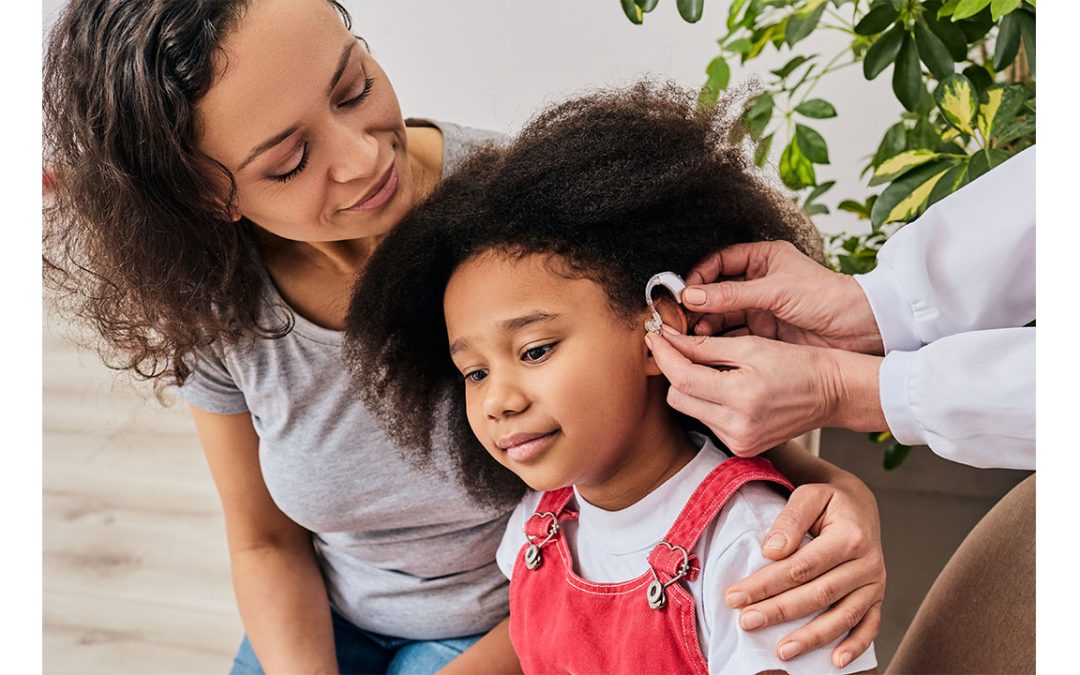 23 August, 2024
23 August, 2024 A Quick Guide for Parents of a Child with Hearing Loss
Receiving the News:
Discovering your child has a hearing loss is a life-altering moment. The initial shock can be overwhelming, filled with a mix of emotions. It's normal to feel uncertain about the future, but know that you're not alone, and there is hope.
Finding Hope:
As a parent, you may feel like the future you envisioned for your child has changed. While it's okay to grieve, it’s important to focus on what lies ahead. With the right support, your child can lead a fulfilling life full of communication, growth, and love.
Understanding Your Child’s Hearing Loss:
The first step is understanding the degree of hearing loss your child has. Here’s a brief overview:
Mild Hearing Loss (26-40 dB): Your child might miss soft sounds and struggle in noisy environments. Speech might be slightly unclear.
Moderate Hearing Loss (41-55 dB): Normal conversation may be challenging to hear. Speech development could be delayed, with noticeable articulation issues.
Moderately Severe Hearing Loss (56-70 dB): Most speech sounds are inaudible without hearing aids, leading to significant speech delays.
Severe Hearing Loss (71-90 dB): Only loud sounds are heard. Without amplification, speech development is very limited.
Profound Hearing Loss (91 dB+): Most sounds, including loud noises, are inaudible. Alternative communication methods might be needed.
What Should You Do Next?
Start Early Intervention: The sooner you act, the better the outcomes. Early intervention is crucial for language development, as the brain is most receptive to learning language in the first few years of life.
Get the Right Support:
Hearing Aids: If your child needs hearing aids, get them fitted by a qualified audiologist. Proper fitting is key to your child’s ability to hear and process sounds effectively.
Speech and Language Therapy: Right after fitting hearing aids, start speech therapy. This will help your child develop the communication skills needed to thrive.
Monitor Progress: Regular follow-ups with your audiologist and speech therapist are essential. They will set goals and track your child’s progress every few months.
Consider Cochlear Implants: If hearing aids aren’t sufficient, cochlear implants might be an option. These are more advanced and can offer significant benefits if your child is a candidate.
Explore Special Education: Depending on your child’s needs, special education may be necessary to help them catch up academically with their peers.
Your Role as a Parent:
Your involvement and dedication are key to your child's success. With the right support team, your child can achieve incredible milestones. Every step you take now lays the foundation for a brighter future.
Conclusion:
The journey may be challenging, but with the right resources and a positive outlook, your child can reach their full potential. Remember, you are not alone—there are professionals ready to support you every step of the way. Your love and care, combined with expert guidance, will help your child thrive.
Sahil Singh
Head Audiologist – Faridabad Speech & Hearing Centre
To know more: WhatsApp 8700723994


